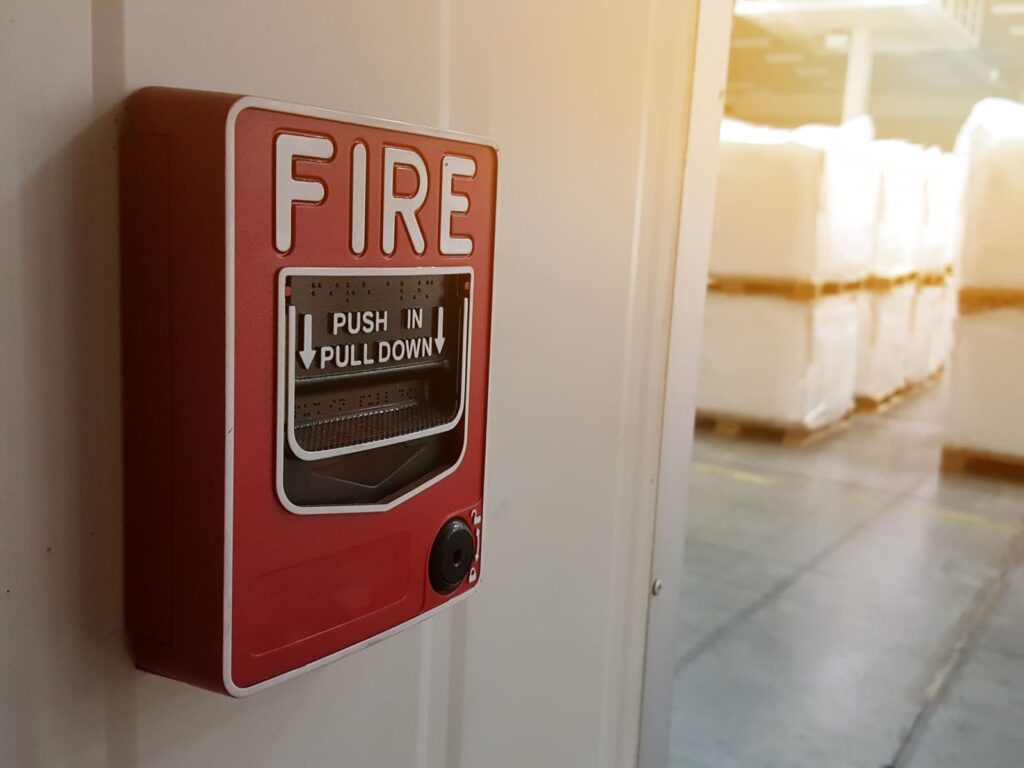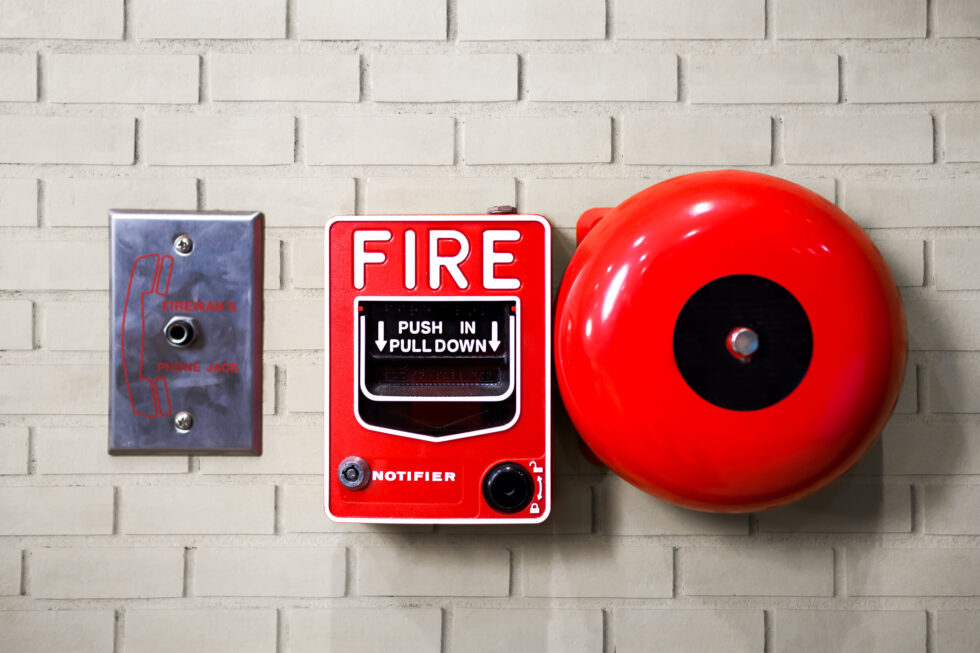Ensuring the safety of properties and individuals is of utmost importance, especially when it comes to fire prevention and detection. Fire alarm systems play a crucial role in providing early warnings and minimizing potential damages. In Malaysia, property owners and managers have two primary options to choose from: addressable and conventional fire alarm systems. This article aims to compare these systems, their usage, and their relevance in the context of fire safety in Malaysia.
Understanding Addressable Fire Alarm Systems
Addressable fire alarm systems are advanced, intelligent systems designed to detect and locate fire incidents accurately. These systems are particularly beneficial for large-scale properties, such as commercial buildings, hospitals, and shopping malls. Addressable systems utilize a loop configuration, where each device, such as smoke detectors and heat sensors, has a unique address.
These systems offer several advantages over conventional fire alarm systems. Firstly, they provide detailed information about the specific location of the fire, enabling a faster response from the authorities. Secondly, addressable systems allow for easy expansion and modification, as new devices can be added to the existing loop without disrupting the entire system. Lastly, addressable systems offer better diagnostics and monitoring capabilities, allowing for timely maintenance and reduced false alarms.
Exploring Conventional Fire Alarm Systems
Conventional fire alarm systems, on the other hand, are simpler and more cost-effective solutions suitable for smaller properties or those with a limited budget. In this system, the devices are divided into zones, and each zone represents a specific area of the property. When a device within a particular zone detects a fire, the alarm is activated, indicating the general area of the incident.
While conventional systems lack the precision and detailed information provided by addressable systems, they still serve their purpose in many scenarios. Conventional systems are easier to install and maintain due to their straightforward configuration. They are often found in residential buildings, small offices, and retail shops, where a basic level of fire detection is required.

Usage and Relevance in Malaysia
When deciding between addressable and conventional fire alarm systems in Malaysia, several factors need consideration. The size and nature of the property, the level of monitoring required, and budget constraints play a crucial role in determining the appropriate system.
For larger commercial buildings and institutions where fast response and accurate fire location are paramount, addressable systems are highly recommended. These systems provide the necessary sophistication and are often compliant with local fire safety regulations, such as those by SCA Malaysia.
Conventional fire alarm systems, while not as technologically advanced, are still widely used in residential properties, small businesses, and other premises where simplicity and affordability are essential. These systems offer reliable fire detection and serve as an initial line of defense.
Conclusion
When it comes to fire safety, choosing the right fire alarm system is crucial. Addressable fire alarm systems provide advanced features, accuracy, and detailed information, making them suitable for larger, more complex properties. Conventional fire alarm systems, while less sophisticated, are cost-effective solutions that serve their purpose well in smaller-scale settings. Consider the size, monitoring requirements, and budget constraints of your property when making this important decision. By understanding the differences between addressable and conventional fire alarm systems, Malaysians can make informed choices to safeguard their properties and protect lives effectively.
